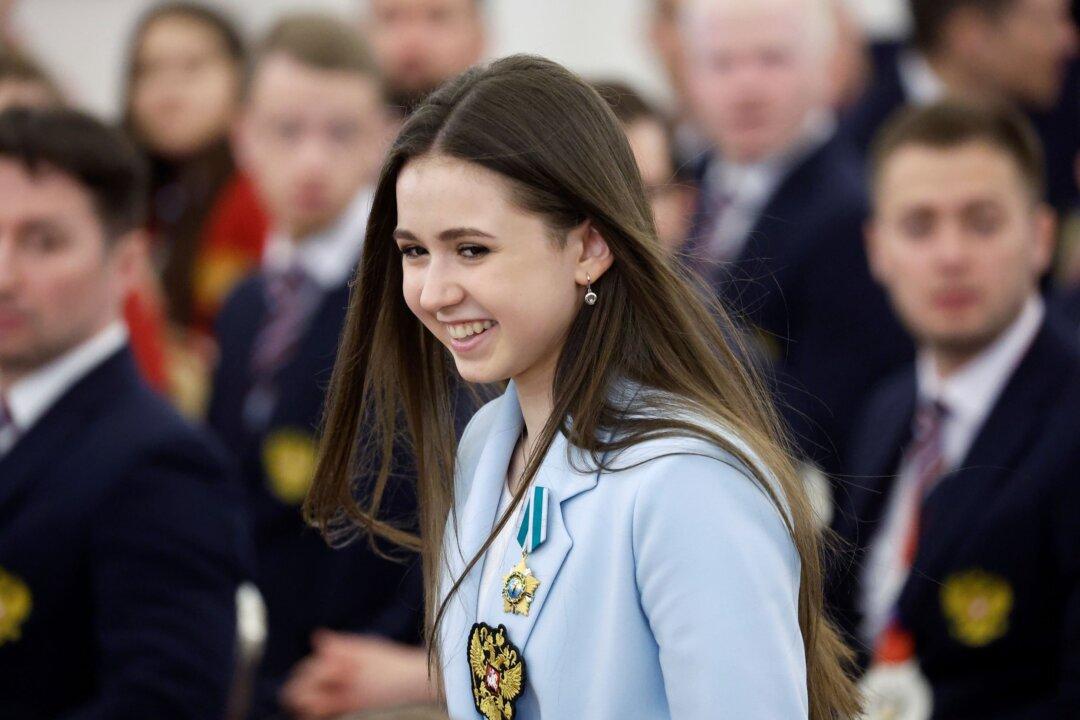The Russian Anti-Doping Agency (RUSADA) investigation into figure skater Kamila Valieva’s failed drug test has ruled that the teenager was not guilty of any doping infraction, the World Anti-Doping Agency (WADA) said on Friday.
WADA said in a statement that RUSADA had determined that although Valieva had committed an anti-doping rule violation, she bore “no fault or negligence” for it.





